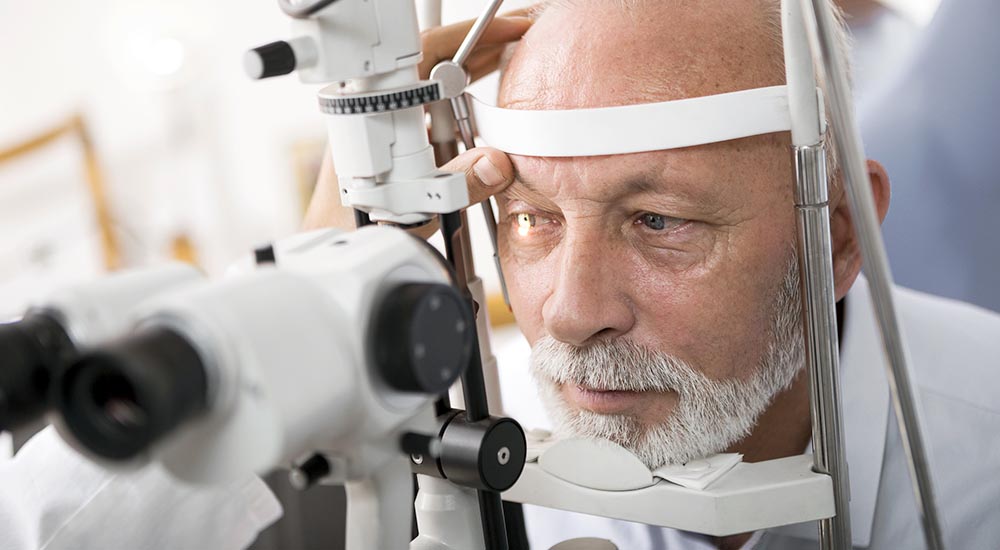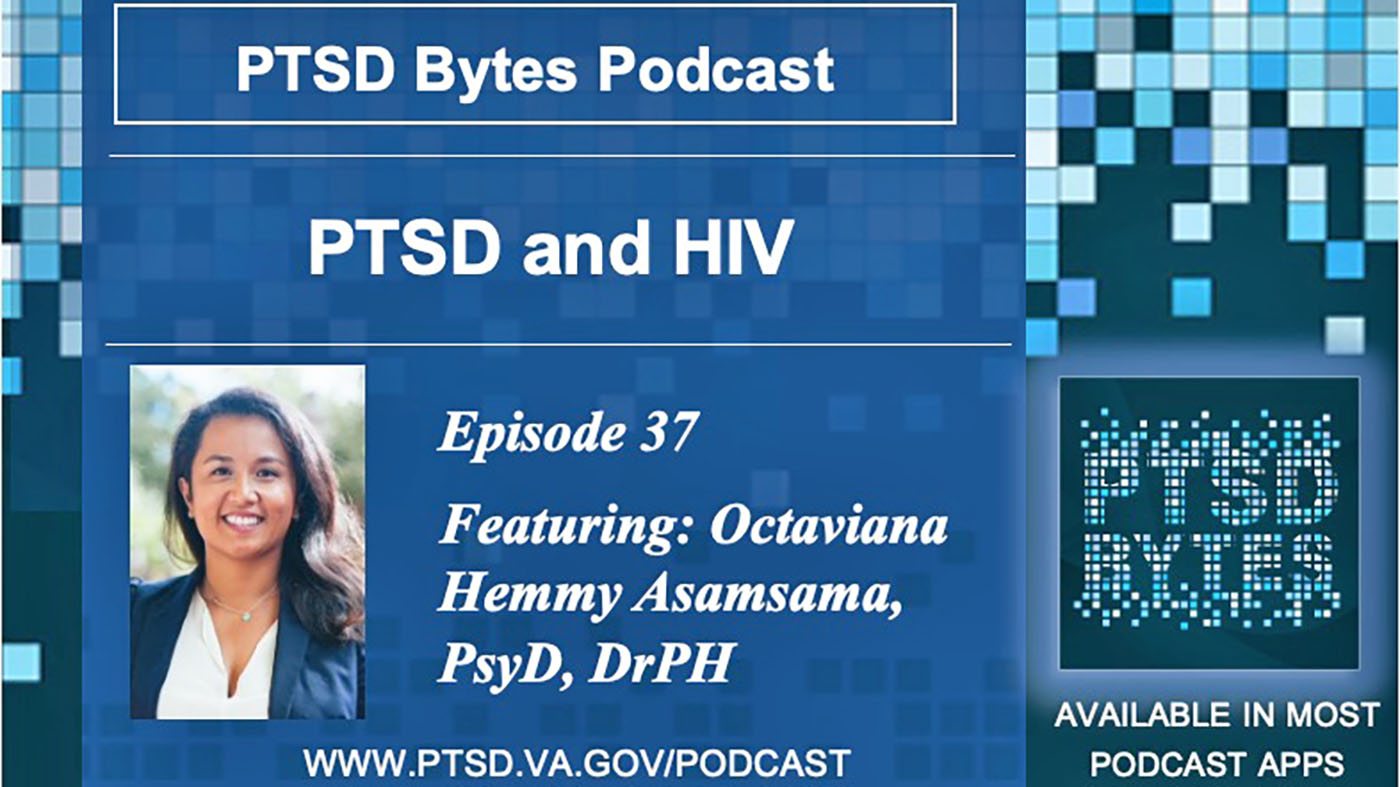January is Glaucoma Awareness Month.
Glaucoma is a leading cause of blindness for Veterans over 60. But blindness from glaucoma can often be prevented with early treatment.
The disease damages your eye’s optic nerve. It usually happens when fluid pressure builds up in the front part of your eye. That extra fluid increases the pressure on the optic nerve. It can reduce blood flow to the optic nerve, causing damage and visual field loss.
Some forms of glaucoma can damage the optic nerve from reduced blood flow, even when the eye pressure is in the normal range during the eye exam. This can happen when the eye pressure becomes high at other times of the day and the patient does not feel the pressure elevation.
It can also happen when blood flow to the optic nerve becomes reduced below a critical level. That can happen during periods of very low blood pressure, even during sleep.
Obstructive sleep apnea can adversely affect glaucoma
In some patients who take their hypertension medications right before bedtime, it can cause the blood pressure to drop too low during hours of sleep. Another risk factor that can adversely affect glaucoma is obstructive sleep apnea. That may also reduce the delivery of oxygen to the optic nerve.
Risk higher for African Americans
The prevalence of glaucoma is three times higher in African Americans than in non-Hispanic whites. Additionally, the risk of visual impairment is higher and the age of onset is earlier than in whites.
Here is an example of what your vision would be like with glaucoma.
VA’s Dr. Dan Bettis answers some of the common patient questions about glaucoma. Take five minutes and watch it with your family.
Veterans enrolled in VA health care can schedule appointments directly with Ophthalmology or Optometry without a referral from primary care. Schedule an eye exam at your VA health care facility.
VA research provides valuable tools for vision treatment
VA is at the forefront of vision research and glaucoma is one of our top priorities. A current study by Dr. Markus Kuehn is a Bioassay to Predict the Development and Progression of Glaucoma. The VA Rehabilitation, Research, and Development Division sponsors the study.
The project uses our recent discovery that glaucoma affects the development of a cellular autoimmune response that can further reduce vision. The investigators are testing if the strength of the reaction from a blood sample is predictive of future loss of vision and quality of life of the patient.
Using Artificial Intelligence to diagnose severity of glaucoma
Another Iowa City VA study by Drs. Randy Kardon, Mona Garvin, Ray Wang, Young Kwon Johannes Ledolter and Michael Wall is using a new type of artificial intelligence of image analysis. This intelligence is called a deep learning variational encoder. It diagnoses the severity of glaucoma, detects the earliest signs of worsening vision and its response to treatment.
They are also relating the eye imaging to Veteran quality of life.
Early identification of patients at high risk to develop vision loss allows more aggressive treatment before the damage occurs. The development of a predictive assay and new types of eye imaging analysis will provide eye care providers with valuable new tools to preserve the quality of life for Veterans.
The Iowa City VA research group studying glaucoma are funded investigators in the Iowa City VA Center for Prevention and Treatment of Visual Loss.
Randy Kardon, MD Ph.D., Professor of Ophthalmology (Neuro-ophthalmology), is director of Iowa City VA Center for the Prevention and Treatment of Visual Loss. Markus Kuehn, Ph.D., Professor of Ophthalmology, is associate director of Iowa City VA Center for the Prevention and Treatment of Visual Loss.
Topics in this story
More Stories
Veterans can now navigate VA resources with confidence using the new VA Resource Navigator
In this episode of PTSD Bytes, integrated health psychologist Dr. Octaviana Hemmy discusses treatment for HIV and PTSD.
Black Lab Raisin reminds Veterans of life outside the hospital, brightens their lives with her endless capacity for joy.







